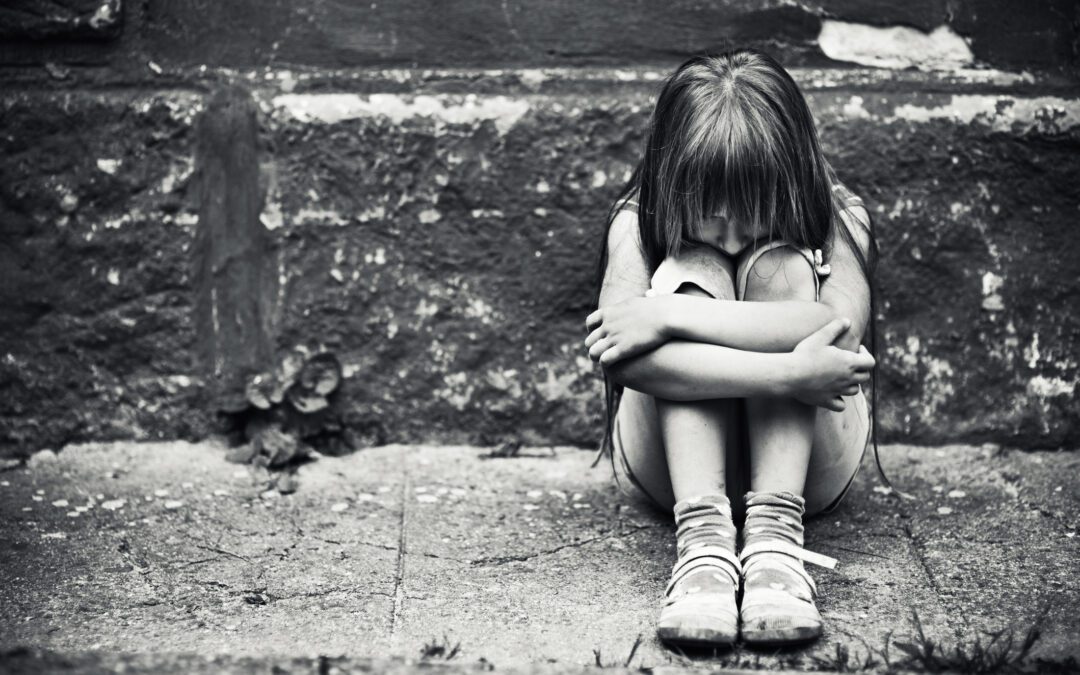Many of us who were raised in middle-class families and communities make a lot of assumptions of what “everybody” knows. We experience good service, we assume we will go to college, our families have connections for networking for jobs (even summer jobs when we are in high school), and we never worry about having enough food in the house. Our optimistic views of our lives’ trajectories are not, however, universal. An accident of birth plays a big role in how full our life buckets get during our formative years.
Carolyn was born in suburban Chicago to married parents who were solidly middle class. Her father worked in downtown Chicago in banking and her mother stayed home to raise the 3 children. Carolyn’s father had a college degree and her mother attended two years of college. In Carolyn’s high school, it was assumed that everyone would go to college. Those who didn’t choose that route were looked down upon. It never occurred to Carolyn or her two brothers to not go to college, and all three earned baccalaureate degrees. Although their marriage wasn’t perfect, Carolyn’s parents stayed together and created a nurturing home. Carolyn graduated with a bachelor’s degree in education and landed a job in one of Harbor Country’s local elementary schools. Her plan is to work part-time on a master’s degree to be able to move up the pay scale more quickly. She has a steady boyfriend who is also a college graduate and has a promising job. One minor inconvenience is that she has to commute from LaPorte because she can’t find an affordable rental around here, but she is optimistic about her future.
Andrea was born in the country just outside of Three Oaks. Her father completed 10th grade and her mother completed 11th grade. He worked full-time in a factory and earned a “working man’s wage” with no benefits. Andrea’s mother wanted to work but her husband did not want her to. There was a great deal of conflict in the home because of it and for other reasons. Andrea’s sister and brother were older than she and her parents often told her she was an “accident.” When she was in 9th grade, her parents divorced and her mother got a minimum wage job as a cashier. It was not enough to live on, and Andrea’s father could not send the required child support. Andrea’s mother had no choice but to sign up for Medicaid and food stamps. As soon as they were old enough, all three kids got part-time jobs. Never much of a
student, Andrea’s older brother dropped out of high school the day he turned 16. Andrea and her sister completed high school but knew they could never afford to go to college. There were very few jobs available to the sisters that were full-time, year-round and paying a decent salary with benefits. She’s still living at home and trying to save up money from her low-wage job. Andrea is thinking about moving to Chicago or South Bend to see if she can land a decent job. She isn’t sure she can afford her own apartment and doesn’t know how to go about finding a roommate. The future looks uncertain and bleak.
Carolyn and Andrea started out with their life buckets at very different levels. Carolyn lived in a two-parent home, in a community that valued education, with expectations to go to college, and an understanding that she can choose to further her education to earn more pay. Her life bucket was filled almost to the top. Andrea’s parents lacked high school diplomas and knew nothing about how to help her to enroll in college. Many of her high school peers dropped out or stopped their education at high school. Her family lived in severe poverty, and had she had no skills that would command a decent living wage. Andrea’s life bucket started out almost on empty. All an accident of birth. Of course, people overcome barriers, escape poverty, complete college and secure good jobs. But we need to recognize the struggle and find interventions to help the Andreas of the world to get on a path to success.
We are all accidents of birth. We don’t determine our race or ethnicity, the educational levels of our parents, the neighborhoods we live in, the availability or unavailability of good paying jobs, people in our lives who can mentor us, or knowing that resources exist to overcome barriers. For those of us who are reasonably well educated and economically comfortable, it is tempting to talk about “those people” on welfare, “those people” who drop out of high school, “those people” who abuse drugs (who might be self-medicating their mental illness), “those people” who “use race as an excuse.” The list could go on. “Those people” could be me. “Those people” could be you. “Those people” are our neighbors and deserve to be treated with dignity and respect.
Neighbor by Neighbor assists “those people” who don’t make enough on their part-time, seasonal, no-benefit jobs to pay the rent and utilities. Neighbor by Neighbor helps with car repairs so that the family breadwinner can get to work. Neighbor by Neighbor makes sure “those people” who are elderly or have disabilities have food on the table and their water bills paid. You can help “those people” through donations to Neighbor by Neighbor through their website which is www.neighborbyneighbor.org. For more information, call 269-231-0648. And think about how your bucket was filled by an accident of birth.

